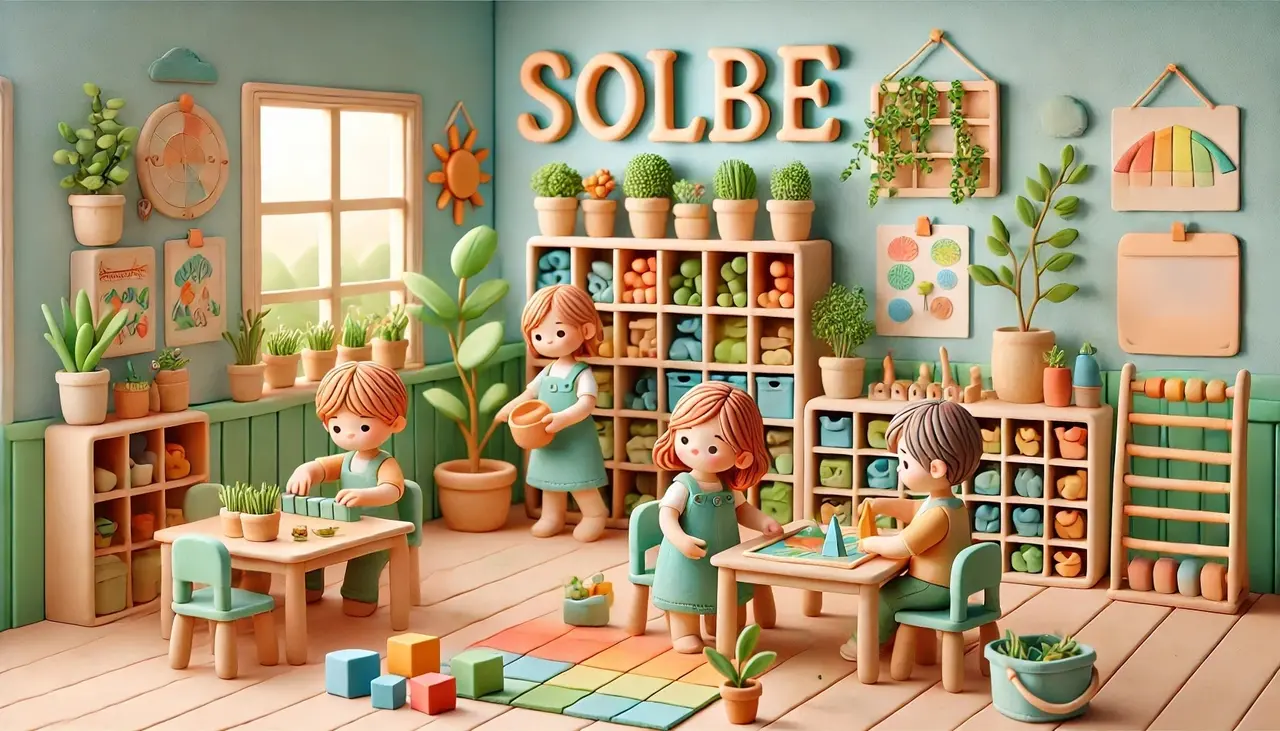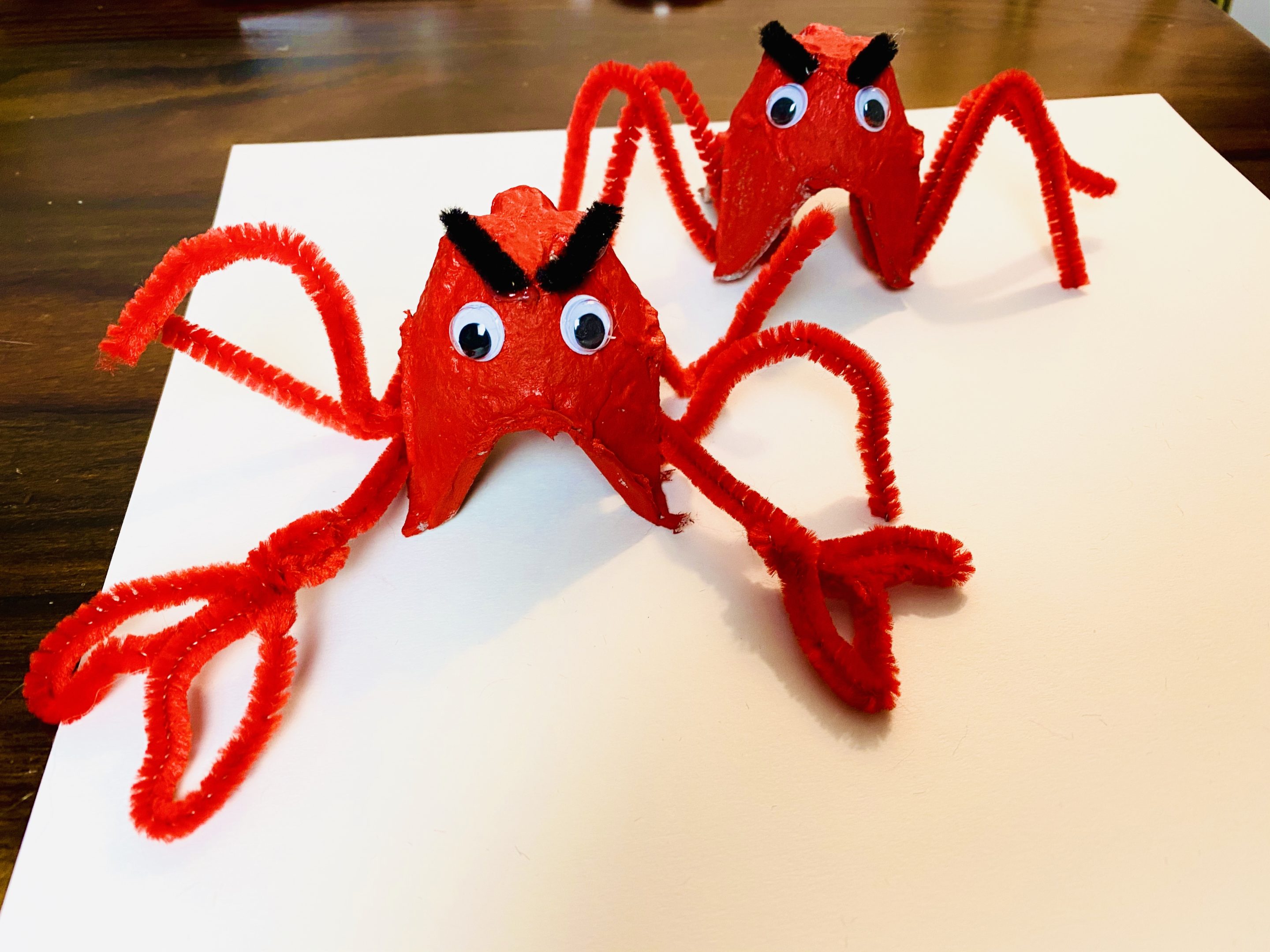The Family-School Team: 3 Tips to Build an Effective Partnership

“When a strong family-school partnership is in place, children, families, and educators can thrive.”
What You’ll Learn
Why are positive family-school relationships important? How will partnering with my child’s school benefit their development? What strategies can I use to build a strong family-school relationship?
I have been an educator, a developmental specialist, a school counselor, and a Student Success Coordinator. I have worked with children with and without disabilities. I have worked with families who were highly involved in their child’s learning experience, and I have worked with families who could not be as engaged. No matter my role or experience, I have had the opportunity to influence the academic and life success of young children significantly; however, I did not do this alone. It can be difficult for one person to fully address the needs of a child. My effort to support young children is most effective when I collaborate with children’s families. Parents and caregivers know their children best, and helping children become thriving individuals is a shared responsibility.
Positive Family-School Relationships
Safe and nurturing relationships are the foundation for healthy development and future success. Relationships, in general, however, develop over time—maintaining a positive relationship requires persistent effort. The family-school relationship is an example of this—a positive family-school relationship puts educators and parents in a better position to make a meaningful difference in the lives of their children. Trust (and the agreement that the school and family are responsible for supporting their child’s learning and well-being) supports this relationship. Developing this positive relationship is one of the best ways to help your child thrive.
Family-School Partnership → Educator, Family, and Student Success
Families and schools hold their children’s best interests at heart and generally want the same thing: to ensure children have a safe and enriching early learning experience. The key to achieving this goal lies in establishing a robust and positive partnership between families and schools. When a strong family-school partnership is in place, children, families, and educators can thrive.
Educator Success
When educators partner with their students’ families, they have a deeper understanding of their students’ strengths, interests, and challenges. This knowledge allows educators to develop effective learning strategies and create engaging experiences. Educators can also leverage feedback and information families provide to improve their teaching practices.
Student Success
When students observe a strong partnership between home and school, they are more likely to feel confident and comforted. This positive relationship sends a message to your child, “If my parents trust them, I can too.” Evidence shows that children who experience a strong family-school partnership experience have:
- Greater academic performance and achievement
- Positive social interactions with adults and peers
- Higher attendance and graduation rates
- Improved social skills
- Positive outlooks towards school and learning
Family Success
A strong family-school partnership allows parents to facilitate a richer home environment to continue their child’s learning. Parents are also able to gain a better understanding of their child and their specific learning needs. The family-school relationship allows families to actively participate in their child’s school success and to share their concerns, releasing the pressure of raising their children alone.
3 Tips to Build an Effective Family-School Partnership
One’s actions and the beliefs and attitudes we hold can determine the quality of the family-school partnership. Educators and other early childhood professionals want what is best for your child. They value your concerns and feedback and recognize the importance of your partnership. As a parent or caregiver, getting involved in your child’s early learning experience is encouraged. Here is how you can start building this partnership:
1. Two-Way Communication
Reach out to your child’s educator early on and share the important information about your child. What are their strengths, challenges, likes or dislikes, and successful strategies used at home? Decide on the best communication method that fits your family’s and the educator’s needs or situation. Be bold and ask questions if you need more information or if something feels unclear. Provide clear and constructive feedback promptly. Be open to what your child’s educator or school has to share about their experience.
2. Consistent Interactions
Communicate with your child’s educator or school throughout the school year. You don’t have to wait for parent conferences to share information. Share more than your concerns! Your child’s educator will also want to know about special events or achievements outside of school. Building relationships is a vulnerable experience—put in the effort, but take the time you need to build this relationship.
3. Respectful Collaboration
Keep your child’s best interest as the main focus and collaborate through a problem-solving lens. Acknowledge the need to work together and treat this partnership with respect like any other significant relationship. Share your concerns or ideas, and focus on specific, positive strategies to help your child be successful. Remember that your child’s school is there to support your entire family—ask about information or feedback that will also help you.
Be vibrant and keep thriving! This article was last reviewed or updated on November 3, 2023.
About the author: Rebecca is the Head of Family Empowerment and Student Success at SolBe Learning. Rebecca has worked in the field of early education for over six years, with a passion for supporting the optimal development of young children and families. Rebecca holds a B.A. in early childhood education and sociology as well as an M.A. and license in school counseling.
Related Articles
Explore our latest insights and resources.

Using Your Voice Effectively: Intentional & Positive Phrases to Use With Your Child

Work and Family: 7 Strategies to Find Balance as a Parent

Understanding and Supporting Early Childhood Mental Health

Understanding and Monitoring Developmental Milestones

The Value of Process-based Learning

The Truth about Parenting: Being a Thriving Parent

The Curious & Creative Classroom

Social-Emotional Learning: Five Competencies and How to Teach Them at Home

Social Emotional Learning Part Five: Teaching Growth Mindset to Inspire Change

Social-Emotional Learning Part Three: Teaching Friendship to Inspire Change

Social Emotional Learning Part Two: Teaching Acceptance to Inspire Change

Social Emotional Learning Part Six: Teaching Empathy to Inspire Change

SEL: Parent Social-Emotional Competence & Well-Being

Social Emotional Learning Part Four: Teaching Respect to Inspire Change

Reflective Learning: 10 Meaningful Questions to Replace “How Was School Today?”

Prosocial Behavior: Strategies to Model, Practice and Praise

Ranking Boston Area Private Schools: Finding The Best Programs For Your Children

Prosocial Behavior: Encouraging Your Child To Practice Gratitude

Play is Work and Work is Play

Preparing a Learning-rich Environment

Nurturing Brain Development During the Window of Opportunity

Exploring Spanish Language Learning Through Play-Based Activities

Early Intervention: Identifying Support for Children Birth to Age Three

Developmental Screening: Acting Early and Advocating for Your Child

Daily at Home Project: Red House – Fun For All Greatest Hits & More

Daily at Home Project: Rainbow Painting and Make Your Own Ice Cream

Daily at Home Project: Pots, Pans, Colors & Rainy Day Brownies!

Daily at Home Project: Lid Matching and Animal Washing Station

Daily at Home Project: Making Music with The Very Noisy Bear

Daily at Home Project: Fine Motor Activities and Let's See Where a Dot Can Take You!

Daily at Home Project: Crazy Art from Silvana Carpio

Daily at Home Project: Baby Treasure Basket and Rocks of Hope

Daily at Home Project: Colander Pipe Cleaner and Pipe Cleaner Bubble Wands

Daily At-Home Project: Mix and Match Faces

Daily At-Home Project: Homemade Binoculars for Little Explorers!

Daily At-Home Project: Gratitude Jar

Daily At Home Project: Veggie Paint Making From Marlo
Stay Updated with SolBe
Join our newsletter for the latest insights and exclusive content on early learning and childcare.






























































